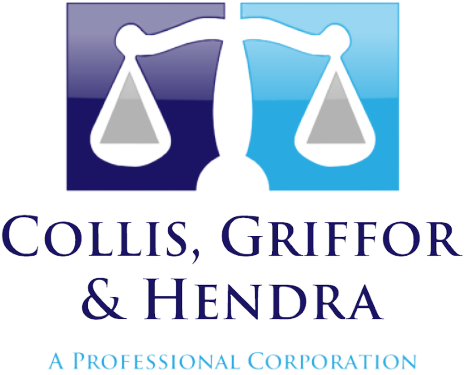
Many of the people I meet with are confused about what bankruptcy means. Bankruptcy is a legal proceeding carried out which allows individuals or businesses freedom from their debts, while simultaneously providing creditors an opportunity for repayment. The Founding Fathers believed this process to be so important that they ensured that it was directly included in the United States Constitution. Essentially, the Bankruptcy Code is in place to give people an opportunity for a fresh start.
Despite the stigma sometimes associated with bankruptcy, it is important to ensure that people don’t end up in metaphorical “debtor prisons.” Sometimes debt can become so overwhelming that it is impossible to dig your way out of. In fact, many of the most successful people in the history of this country filed bankruptcy early in their careers but later went on to be tremendously successful. Abraham Lincoln, Henry Ford, Walt Disney, Milton Hershey, and H.J. Heinz all filed bankruptcy prior to finding their success.
What is the Bankruptcy process like?
The bankruptcy process is generally much simpler than most people expect. For most, it will be as simple as a single meeting with their attorney and a meeting with a bankruptcy trustee. Most of the work will be performed in the background by your attorney.
What is the difference between Ch. 7 and Ch. 13?
In a Chapter 7 bankruptcy, the petitioner’s non-exempt property becomes part of the Bankruptcy Estate. The Bankruptcy Estate is then sold off and distributed to the creditors. The petitioner receives a discharge of their debts. The goal is to exempt as much property as possible so that the petitioner keeps their property. In most cases, it is possible for the petitioner to retain most, if not all, of their belongings.
In a Chapter 13 bankruptcy, the petitioner keeps their non-exempt property, but makes payments on the debt for 3-5 years (usually 3 years). This is often known as a restructuring. The overall amount paid is generally significantly lower than the amount owed. At the end of the 3-5 years, the petitioner will receive a discharge of any remaining debt. The benefits of a Ch. 13 can include renegotiating terms of loans or mortgages that may not be advantageous to the petitioner. It can even be used to catch up on debts such as mortgages.
What benefits does filing bankruptcy offer?
First and foremost, bankruptcy offers a clean slate. It is an opportunity for a fresh start when the debt becomes too much.
Second, it offers immediate relief. Once a bankruptcy petition is filed, the Automatic Stay takes effect immediately. This means that all collection activity must immediately stop. This includes phone calls, letters, court proceedings, most garnishments, foreclosures, repossessions, and any other sort of collection activity. In a Ch. 7, the stay generally lasts until the discharge occurs. In a Ch. 13, the stay lasts for the 3-5-year period when payments are being made.
Why would anyone ever file Ch. 13 instead of Ch.7?
Generally speaking, there are two major reasons to file Ch.13 instead of Ch.7. First, sometimes a petitioner may have assets that cannot be protected in a Ch. 7 that they wish to retain. The most common type of such asset is a house with significant equity. While we have many ways to protect assets, including houses, sometimes it just isn’t possible. In Ch. 13, the petitioner can keep the asset while still receiving a discharge.
The second likely reason is that they don’t qualify for Ch. 7. There is a means test for a Ch. 7 filing that can disqualify an individual. However, it is very important to note that it is not as simple as looking at how much an individual makes. Depending on the situation, it is very possible for even high-income individuals to qualify for Ch. 7. It is a case-by-case determination.
Do I lose everything if I file bankruptcy?
No! In fact, many Ch. 7 bankruptcy filings are known as “No Asset Chapter 7.” In a No Asset Ch. 7, the petitioner does not have to give up any of their property and still has their debts completely discharged. As part of your free consultation, we review your assets and determine whether or not they would be considered exempt. This is a huge factor for whether or not bankruptcy is the right choice.
So, what do I need to do?
The first step is to call Collis & Griffor, PC, at (734) 824-1337 and setup your free consultation. Many of the issues surrounding bankruptcy are very case-specific and only a licensed attorney can properly assess the situation to ensure that you are in the best position possible to receive a fresh start.
Then breathe. Remember that hundreds of thousands of people file bankruptcy every year; you are not alone. The hope is to get the same fresh start that was offered to the likes of Abraham Lincoln, Henry Ford, and Walt Disney.
Finally, prepare for your free consultation. Ideally, at the first consultation, you would have a list of your debts and your assets along with a copy of the deeds for any real estate that you may own. This allows your attorney to properly assess the situation to determine whether bankruptcy is the right choice.
